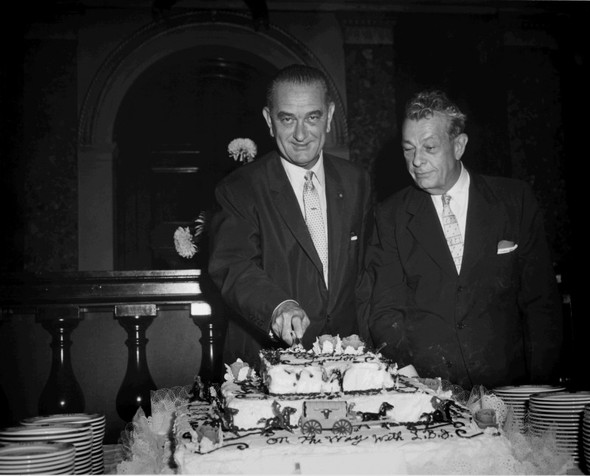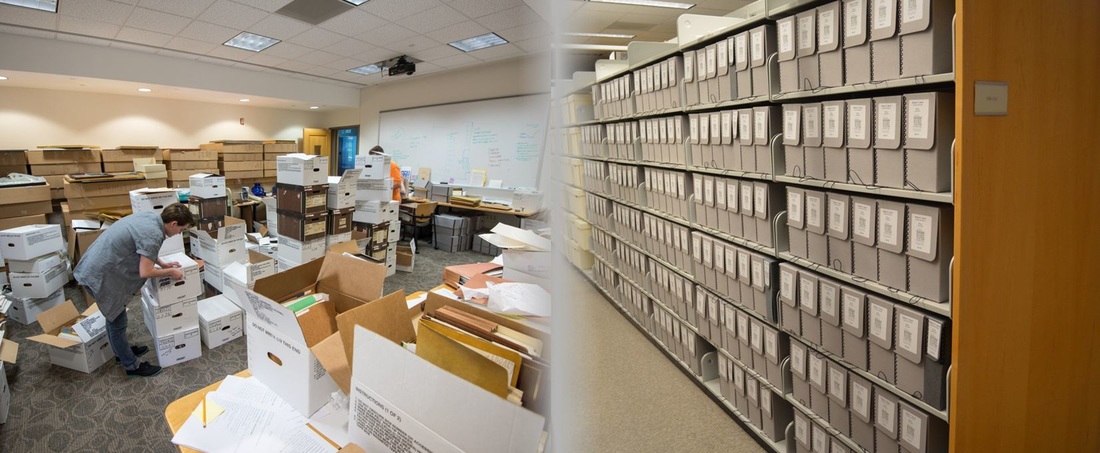|
By Jody Brumage
In the summer of 1979, Senate Majority Leader Robert C. Byrd led a delegation to the USSR to speak with Soviet President Leonid Brezhnev in the wake of Senate debates over the second Strategic Arms Limitation Talks (SALT II) Treaty. The meeting was accounted in a variety of documentary and photographic records now housed in the Robert C. Byrd Congressional Papers Collection at the Byrd Center. SALT II was proposed to continue the efforts of the first SALT Treaty which had been signed by President Richard Nixon and President Brezhnev in 1972. SALT I mandated a freeze on the number of ballistic missile launchers operated by both the US and the Soviet Union and called for a dismantling of some outdated intercontinental ballistic missile (ICBM) launchers. In continuation of these efforts, SALT II proposed to halt the manufacturing of strategic nuclear weapons and infrastructure. The negotiations occurred over seven years during the Nixon, Ford, and Carter Administrations. By Ray Smock Partisanship in American politics is as old as the republic, even older. While George Washington warned us of the dangers of falling into factions, he well understood that human nature included vastly differing visions of the goals and purposes of government. We have all inherited in varying degrees the two visions of this nation as expressed by Thomas Jefferson and Alexander Hamilton. Jefferson saw a nation of small landowning farmers with local control of most governmental functions and a limited federal role. Hamilton saw the power of a centralized federal government to be the engine for building a powerful nation of commerce and trade that would rival and exceed that of the British Empire. Both views are still contained in American culture and politics. I am often asked if partisanship today is worse now than it was in the past. The answer is not an easy yes or no. Partisanship has to be examined in the context of a specific time and place. Certainly partisanship was so extreme in the 1850s to the point that it led to Civil War in 1861. And while we are not in a shooting war in 2015, the nation has been seriously divided on numerous major issues for a long time during decades of steadily increasing partisanship fueled in no small part by the rise of mass media. By Malorie Matos It was nearly one year ago that Byrd CLS Intern Malorie Matos began working on processing Senator Byrd’s Press collection. For months, Malorie and fellow intern Sarah Brennan sorted through almost 50 boxes containing thousands of press releases and related congressional documents. Malorie and Sarah arranged and re-housed everything, detailing the entire process in this Post from the Archives blog last October.
We are pleased to announce that the collection is now fully processed and ready for researchers! |
Welcome to the Byrd Center Blog! We share content here including research from our archival collections, articles from our director, and information on upcoming events.
Categories
All
Archives
July 2023
|
Our Mission: |
The Byrd Center advances representative democracy by promoting a better understanding of the United States Congress and the Constitution through programs and research that engage citizens.
|
Copyright © Robert C. Byrd Center for Congressional History and Education
|



 RSS Feed
RSS Feed
